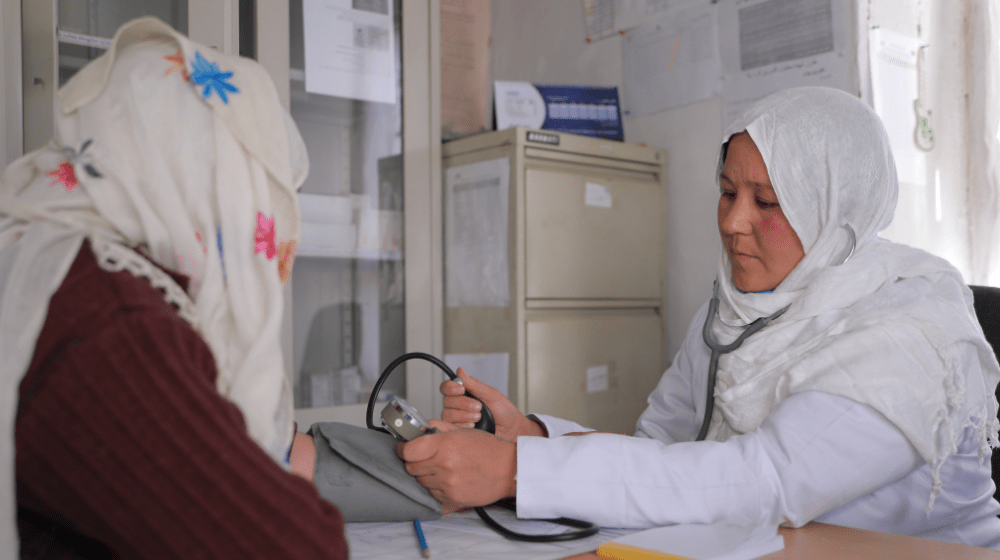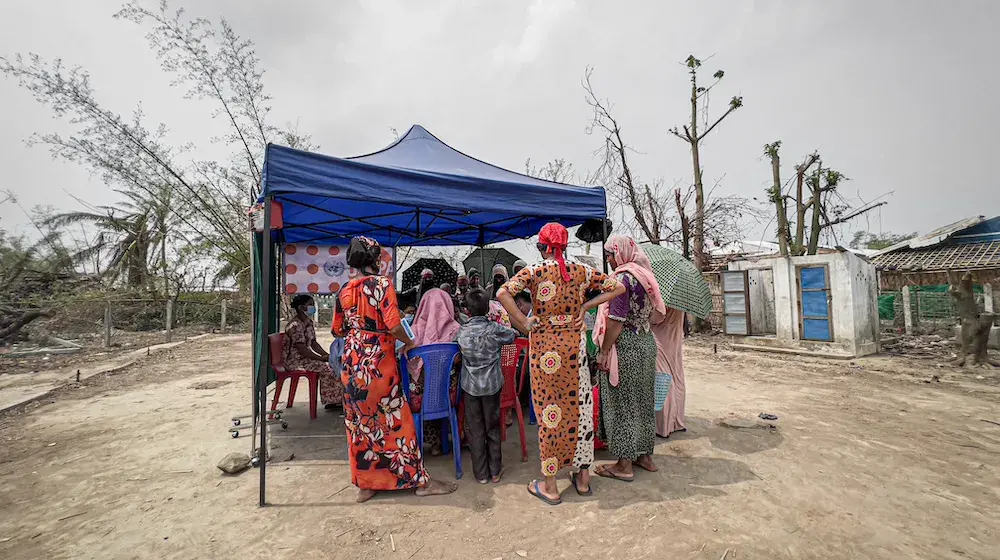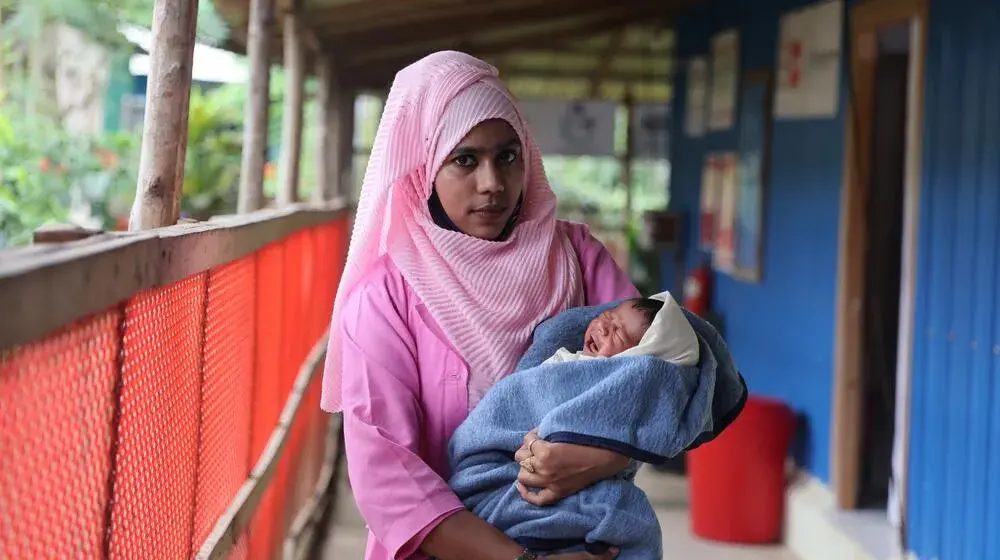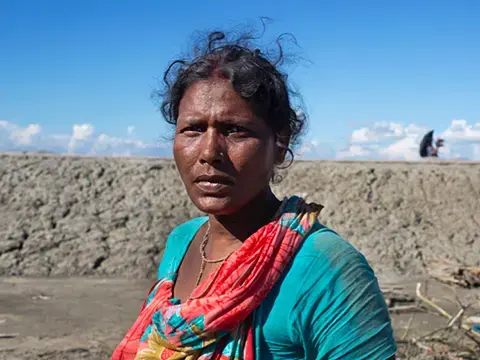PRESS RELEASE: UNFPA calls on international community to increase funding for lifesaving maternal health and protection services in Afghanistan
Kabul, Afghanistan - The people of Afghanistan are facing unprecedented levels of suffering with more than half the population – 24.4 million people – in dire need of humanitarian assistance. The country is facing an economic crisis that has sent prices skyrocketing, driving food insecurity and a malnutrition crisis of unparalleled proportions.
The situation of women and girls is particularly dire. Their rights and opportunities have been increasingly restricted and the impacts of recent upheavals and the current crisis are resting disproportionately on their narrow shoulders.
Interim funding at the end of 2021 prevented the total collapse of the health system in the country following the withdrawal of development assistance, but women and girls’ access to lifesaving sexual and reproductive health services has been severely diminished especially in remote parts of the country.
Over the last two decades, important gains have been made for women and girls including significant declines in one of the highest maternal mortality rates in the world and increases in the provision of prenatal and antenatal care, the use of modern methods of birth spacing, and the number of attended births. These gains are now in peril.
“Today in Afghanistan, a woman dies every two hours during pregnancy and childbirth from causes that are almost entirely preventable,” said Dr. Aleksandar Sasha Bodiroza, UNFPA Representative in Afghanistan. “UNFPA is committed and ready to expand and scale up our existing sexual and reproductive health service delivery points to reach more women, girls and young people, especially those in the most remote and underserved areas of Afghanistan.”
In spite of the challenging context, UNFPA continues to provide essential and life-saving maternal health and protection services, with support from local communities. Between August and December 2021, more than 260,000 people were reached with reproductive health and protection services across the country through family health houses and mobile health clinics and teams. Toll-free hotlines for midwives and young people also remain operational.
On 31 March, the United Nations and the Governments of Qatar, the United Kingdom and Germany are convening a virtual high-level pledging event on supporting the humanitarian response in Afghanistan. UNFPA requires US$251.9 million in 2022 to continue and scale up the delivery of maternal health and protection services to meet the urgent needs of 9.3 million Afghans, including 2.2 million women of childbearing age, 2.3 million adolescents and 289,000 women expected to give birth this year.
UNFPA media contacts:
In New York: Eddie Wright, ewright@unfpa.org; +1 917 831 2074
In Kabul: Zaeem Abdul Rahman, zaeem@unfpa.org; +93 799 714 314
Multimedia contents available on UNFPA’s response in Afghanistan here. Any photos used must be credited to UNFPA.
About UNFPA:
UNFPA is the United Nations sexual and reproductive health agency. UNFPA's mission is to deliver a world where every pregnancy is wanted, every childbirth is safe and every young person's potential is fulfilled. UNFPA calls for the realization of reproductive rights for all and supports access to a wide range of sexual and reproductive health services, including voluntary family planning, quality maternal health care and comprehensive sexuality education.





